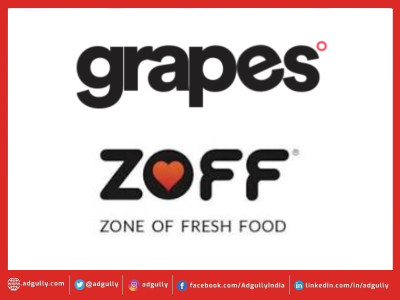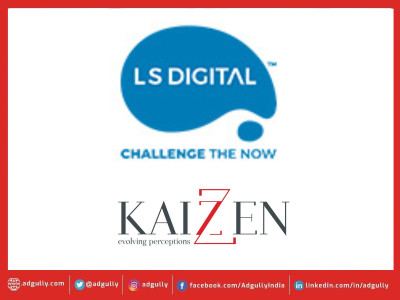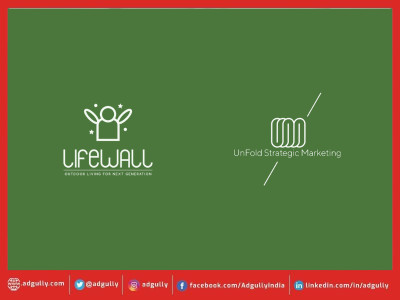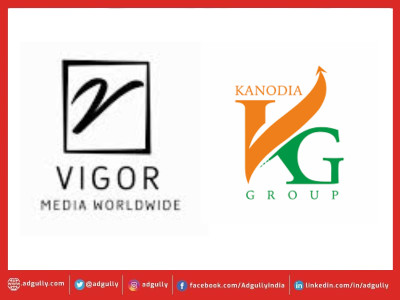How PR will change in the post COVID 19 world : Bhaskar Majumdar
The business of communication had been undergoing colossal shifts, much before the COVID 19 crisis emerged. PR, once a niche business within the marketing spectrum, gathered steam and rhetoric emerged from the stalwarts in the industry – should it be a part of boardroom discussion, given its business criticality and impact? With time, the salience of PR garnered traction amongst brands across sectors and segments, which were hitherto heavily relying on advertising and on-ground marketing.
The COVID 19 pandemic and its ramified impact will change PR as we know it, going forward. Not much in essence, but in terms of its scope and scale. With the current liquidity crunch impacting all industries alike, PR needs to realign itself so that business continuity does not get jeopardised. Taking cognisance of the current scenario, the need now is to interact more with internal and external stakeholders on a day to day basis. Given the insurmountable challenges that faces both, communications strategy has to be the same more or less.
PR as a function will gain much prominence going forward, less as agencies, but more as consultants or advisories. The pandemic has changed things in more ways than one. Now, WhatsApp sessions, Skype, FB Live, video calling, video-conferencing have become commonplace, when it comes to finding solutions to problems, discussing challenges or devising PR campaigns and strategies. Brands are also realising that there are multiple ways to communicate and both the medium and the message have garnered significance in diversity. The pandemic is a clarion call for both and brands and agencies alike – both need to realign and reinvent strategies and approaches. While traditional communication will continue to sustain, digital will emerge in a big way. The task now is to keep communicating innovatively, empathetically and sensitively. The recession will fetch ample opportunities as with every fall, there will be rises too.
Right after the Centre announced the country-wide lockdown on March 24th, businesses started to make readjustments to steer out of its impact. Work-from-home became the norm, seminars were replaced by webinars, physical press conferences and events were replaced by virtual ones, and since people started spending a major portion of their time online for work, video-based content started taking precedence over other forms of content. Media interactions are now predominantly over emails, Skype and the telephone, online stories and video bytes gathered much prominence off late and as social media platforms are displacing traditional media channels, Twitter, LinkedIn and Instagram are emerging as crucial communication platforms for brands. While some feel that digital mediums will do away with geography and time constraints that were a logistical nightmare earlier, be it in the case of FAM trips, media interviews or briefings, on the flip side, personal connect will be missing. However, since the set of challenges are universal, solutions will be universal as well.
The new normal will bear no semblance to how things used to be in the pre-COVID times. Since most PR consultancies, irrespective of their size and scale have experienced some or the other form of revenue dip in recent times, a certain sense of partnership and camaraderie has also emerged – “We are all in it together, so let’s fight it together” narrative. Incidences of poaching of prospective or existing clients have witnessed a marked decline, and a general sense of openness and shared experiences are prevailing now.
Influencer management and the “Spin” culture is becoming more and more pronounced as today’s discerning netizens are already spoilt for choices and have a cluttered mind-space with every brand rooting for a larger share of the preference pie. While traditional influencers may witness a steady decline, those who alter strategies and reinvent themselves on the value quadrant will definitely see growth.
With shrinking budgets and imminent changes in business ecosystems, ROI has become the key. PR professionals are devising creative yet cost-effective pitches to get the client’s messages across, now more than ever before, and brands on their part, are expecting real and tangible outcomes against the crunched budget flow. As we move forward, the role of PR professionals will also expand to include newer skills mostly associated with digital marketing agencies, such as amplification and SEO. Many digital agencies today are also infusing a bit of PR element in their service offerings.
In today’s competitive scenario and given the challenges faced by everyone now, brands are increasingly opting for consultants who can provide guidance, support, and tangible solutions to problems. Under this new structure, PR firms who are more open about their competitive edges and who readily give away information through blogs, videos, and whitepapers will garner more eyeballs from fans than those who are secretive and operate in silos.
















Share
Facebook
YouTube
Tweet
Twitter
LinkedIn